|
|
|
|
Is our attention span shrinking because we can’t take our eyes off our phones? It’s hard to keep track of how scientists are answering this question given that lots of research has been done on the subject. Daniel B. le Roux offers a helping hand. After reviewing the research that’s been done to establish what’s been found, he concludes that there’s still a great deal of uncertainty about the long-term effects of digital device use on
our cognitive functions.
Social media has made it possible for news to travel in milliseconds. This can be healthy and helpful. But it can also be destructive when misinformation spreads across networks at breakneck speed. A group of academics wanted to understand why people share things. They asked young media users in six African countries whether they were discerning about what they shared. Chikezie E. Uzuegbunam, Dani Madrid-Morales, Herman Wasserman, Gregory Gondwe, Khulekani Ndlovu, Etse Sikanku, Melissa Tully and Emeka Umejei explain the answers they got. And why the insights are useful.
|
Nontobeko Mtshali
Education Editor
|

|
|

Media multitasking: constantly juggling media and non-media activities, often using multiple digital devices.
GettyImages
Daniel B. le Roux, Stellenbosch University
Analysis of 46 studies indicates that there's still a lot of uncertainty about the long-term impacts of digital device use on cognition.
|
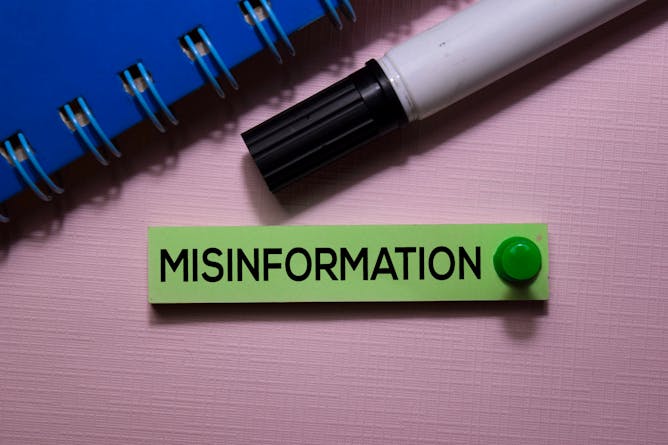
Different African countries must come up with home grown solutions to curb misinformation or disinformation.
Shutterstock
Chikezie E. Uzuegbunam, University of Cape Town; Dani Madrid-Morales, University of Houston; Dr. Emeka Umejei, University of Ghana; Etse Sikanku, Ghana Institute of Journalism; Gregory Gondwe, University of Colorado Boulder; Herman Wasserman, University of Cape Town; Khulekani Ndlovu, University of Cape Town; Melissa Tully, University of Iowa
Users do spend some time thinking about whether information is true; the decision to share it (even if it’s fake news) depends on the topic and the type of message.
|
Politics
|
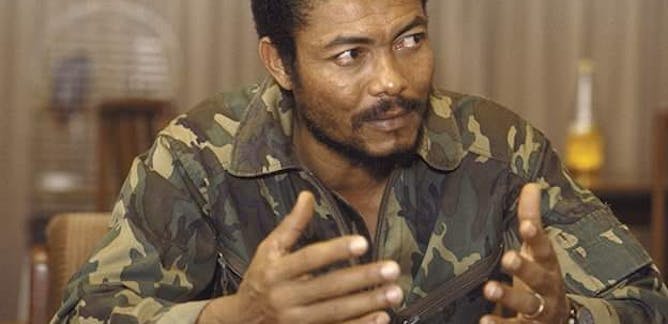
Paul Emiljanowicz, McMaster University
Jerry Rawlings found a unique path to legitimise his military rule in Ghana.
| |
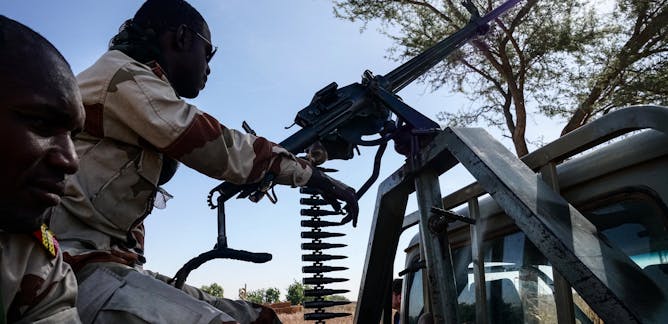
Folahanmi Aina, King's College London
Islamic State West Africa Province appears to be consolidating its dominance in the region. This means Nigeria and other countries in the Sahel region have a lot more to be worried about.
|
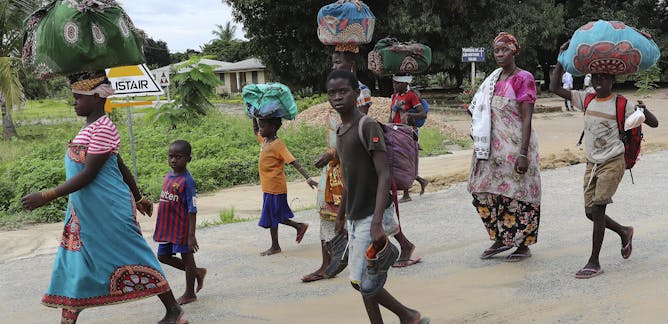
Francois Vreÿ, Stellenbosch University
Intervention in Cabo Delgado is a potentially dangerous move with far-reaching consequences for SADC if its efforts fail, or it becomes a protracted intervention.
| |
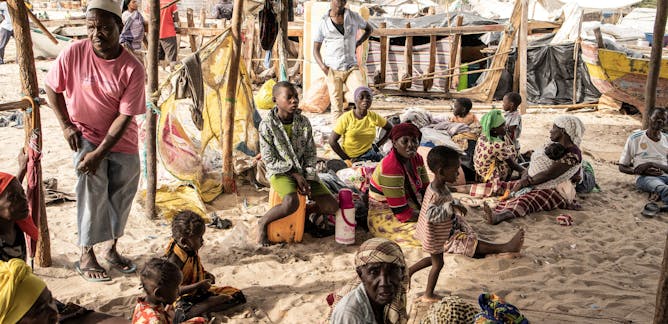
Gilbert M. Khadiagala, University of the Witwatersrand
The Southern African Development Community does not have a remarkable record of military interventions in civil conflicts in the region.
|
|
|
Health + Medicine
|
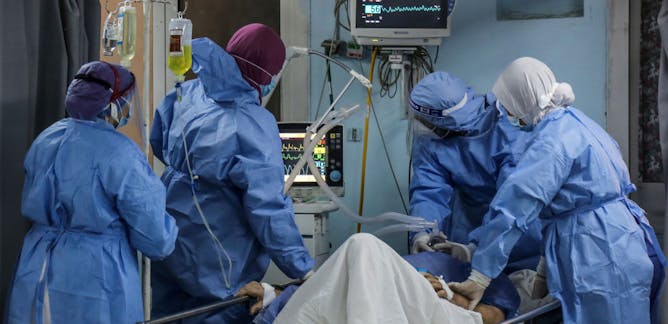
Bruce M Biccard, University of Cape Town
Outcomes for critically ill Covid-19 patients in Africa are poorer than any other region in the world.
| |

Ozayr Patel, The Conversation
New direct-acting antiviral drugs would work successfully in countries where numerous different strains of hepatitis C are found.
|
|
|
Science + Technology
|
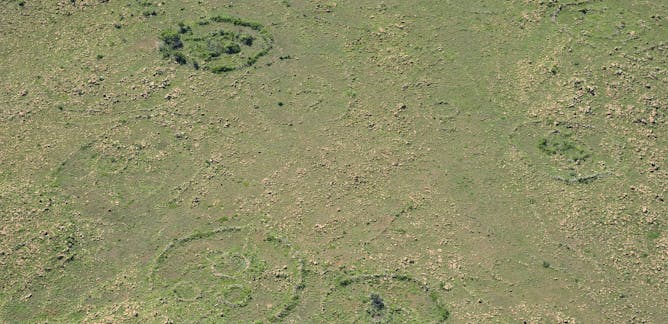
Ruby-Anne Birin, University of Oxford; Alex Schoeman, University of the Witwatersrand; Mary Evans, University of the Witwatersrand
We now know that Bokoni Phase I was built as early as the 15th century – before the arrival of European colonisation or trade.
| |
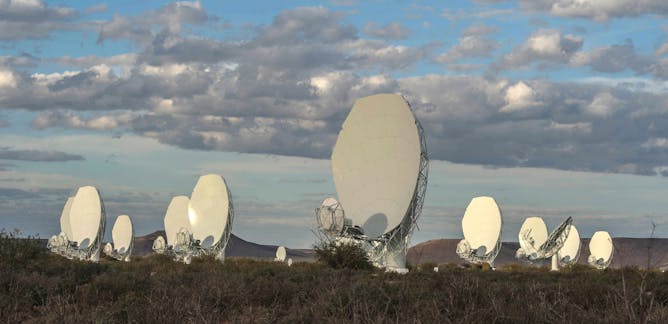
Vanessa McBride, International Astronomical Union's Office of Astronomy for Development
The pandemic has underscored that the world requires agility for survival. That makes blue skies science, which encourages curiosity and nimble thinking, perhaps more important than ever.
|
|
|
Arts, Culture + Society
|
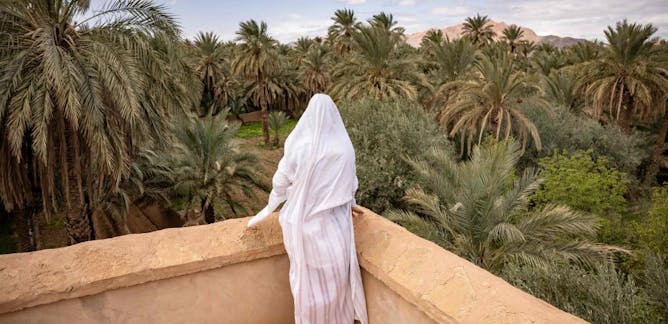
Moha Ennaji, Université Sidi Mohammed Ben Abdellah
In Morocco, the COVID-19 pandemic has burdened women with more housework and duties at home, and violence against them has risen.
| |
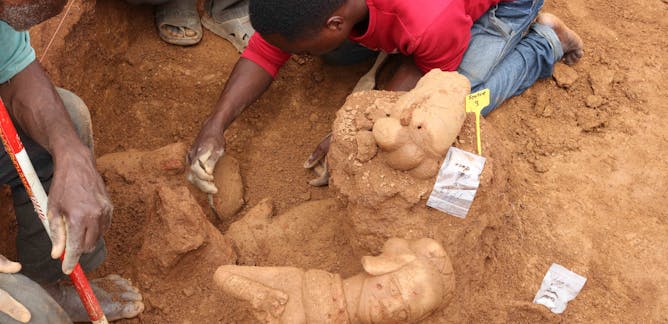
Julie Dunne, University of Bristol
The study yields the first direct chemical evidence for honeybee product exploitation in West Africa.
|
|
|
Environment + Energy
|
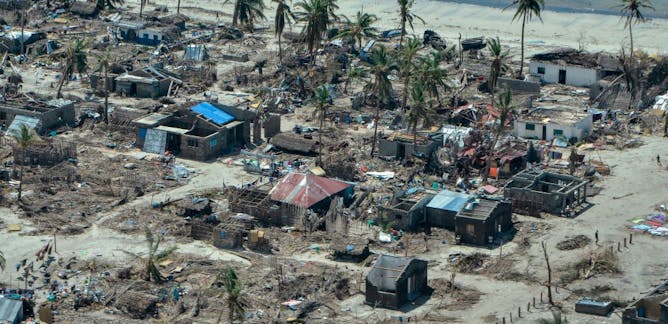
Declan Finney, University of Edinburgh; Hellen Msemo, University of Leeds; John Marsham, University of Leeds
Land-falling tropical cyclones are rare in Tanzania so past events are outside the memory of most.
| |
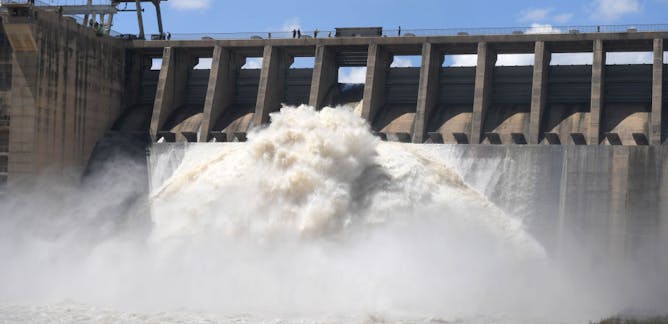
Mike Muller, University of the Witwatersrand
Gauteng citizens need to know the uncomfortable truth: for the next six years, their water supplies will increasingly have to be restricted.
|
|
|
Business + Economy
|
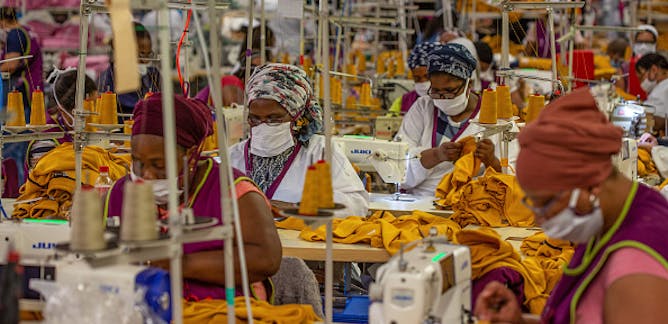
Imraan Valodia, University of the Witwatersrand
Companies being required to go public with information about executive and workers pay packets is increasingly becoming the norm.
| |
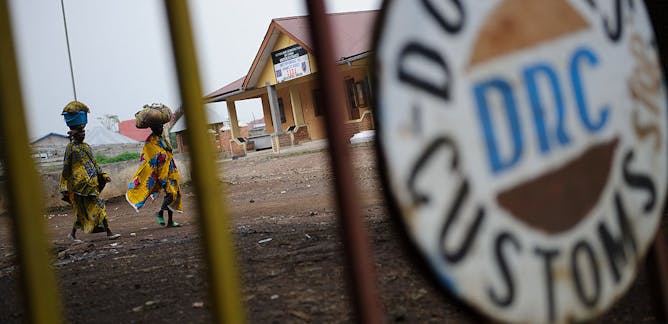
Kristof Titeca, University of Antwerp
Within already economically perilous border areas, informal cross border trade is even more vulnerable during a pandemic.
|
|
|
| |
Featured events
|

|
Robert Sobukwe Road, University of the Western Cape, Bellville, Cape Town, Western Cape, 7535, South Africa — University of the Western Cape
|
|
|
|
| |
| |
| |
Would you like to republish any of these articles?
|
|
It’s free to republish, here are the guidelines.
Contact us on africa-republish@theconversation.com in case you need assistance.
|
| |
| |
| |
| |
|
|
|
|
|
|
|